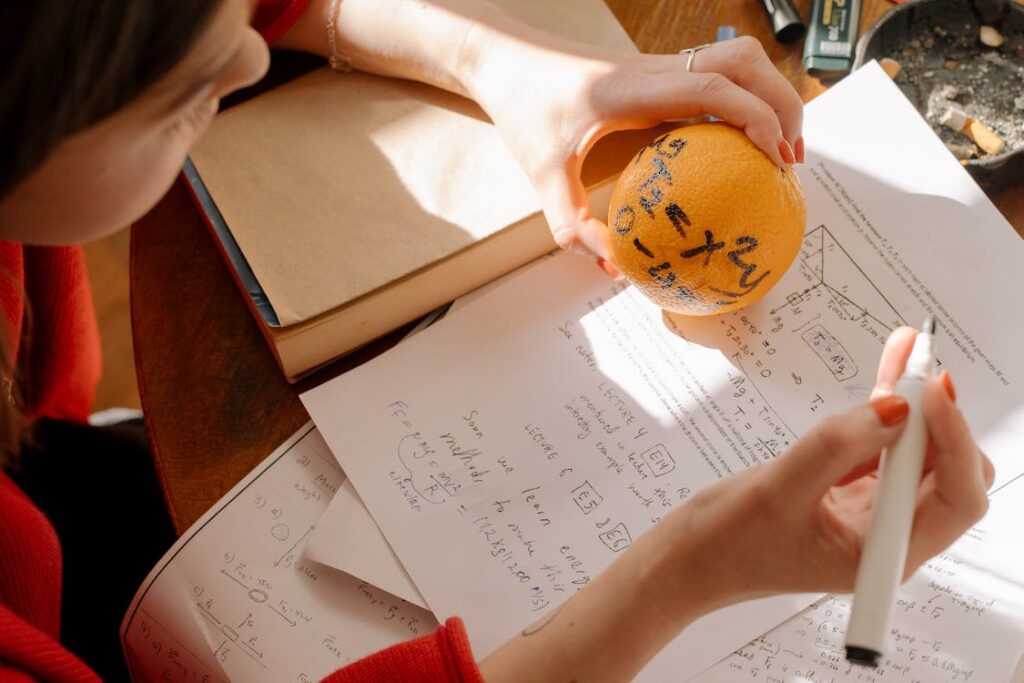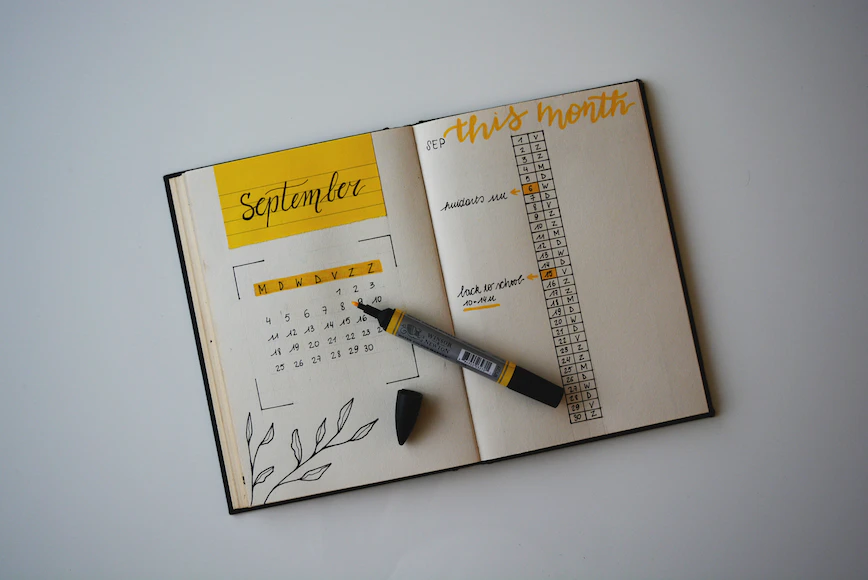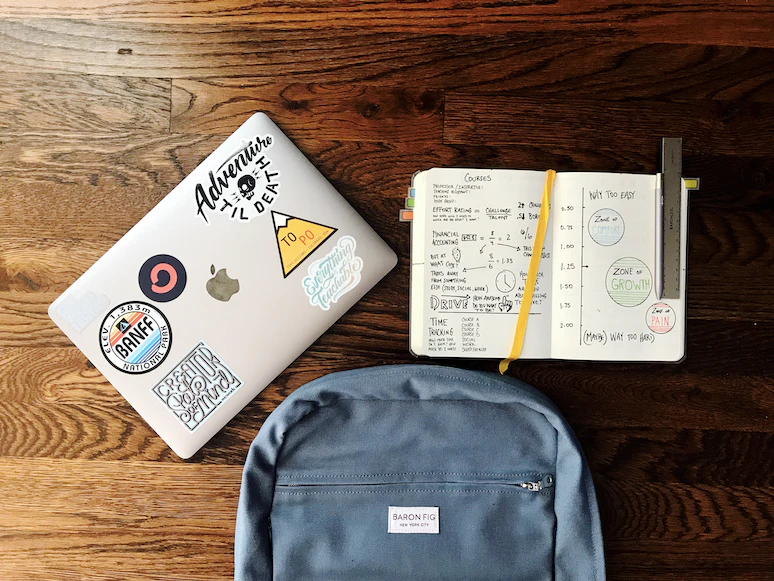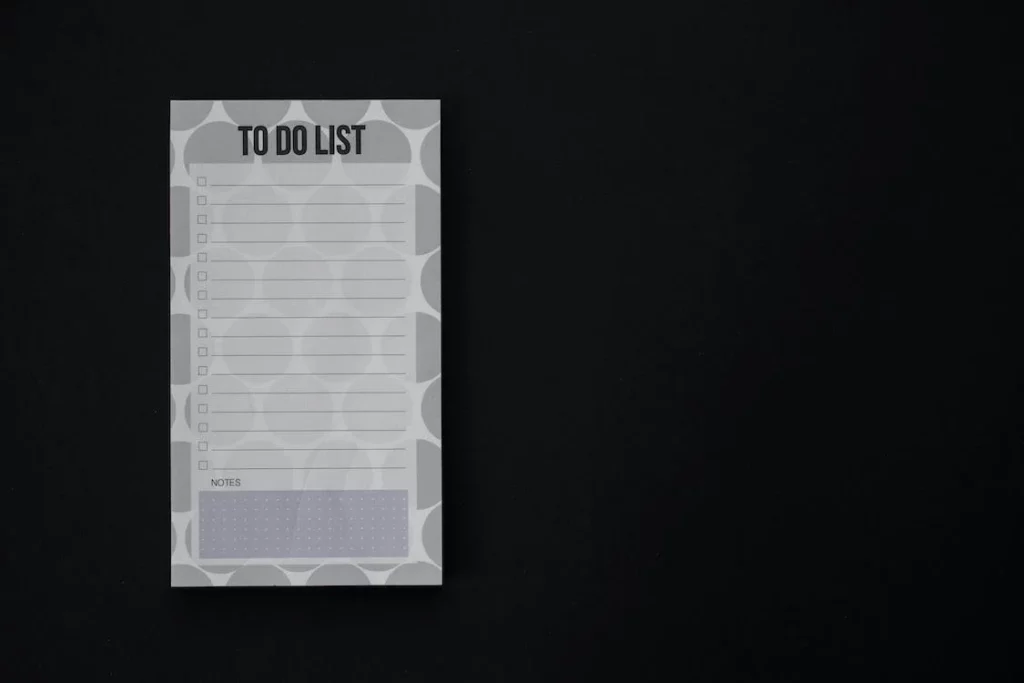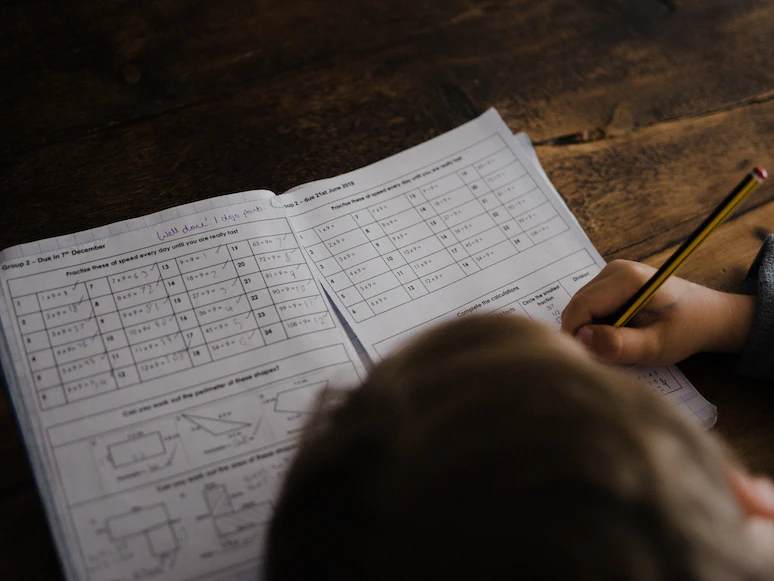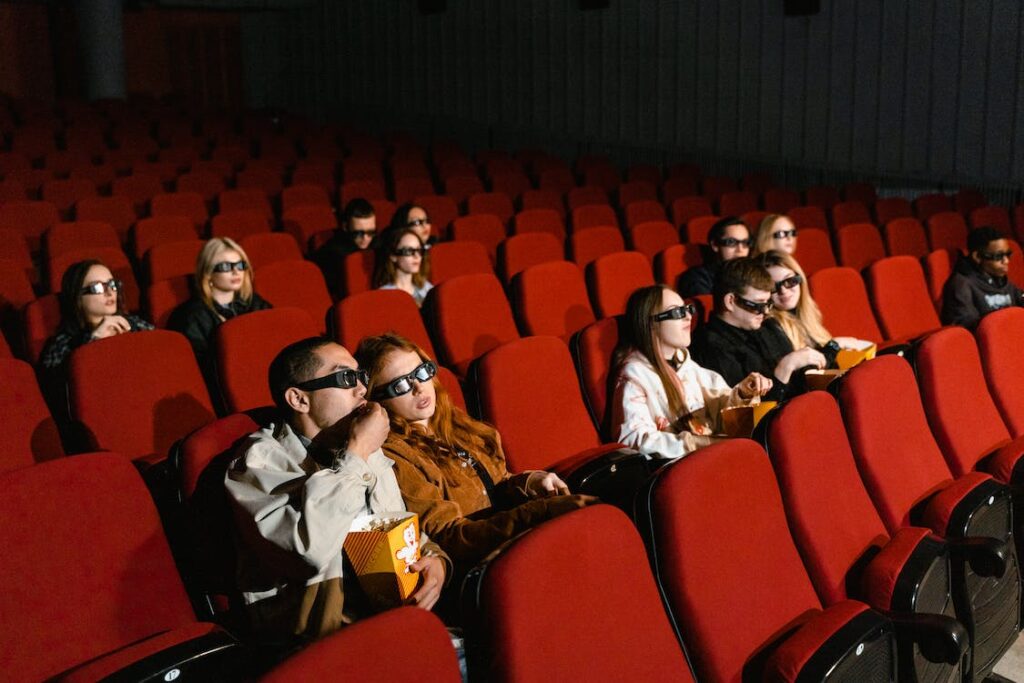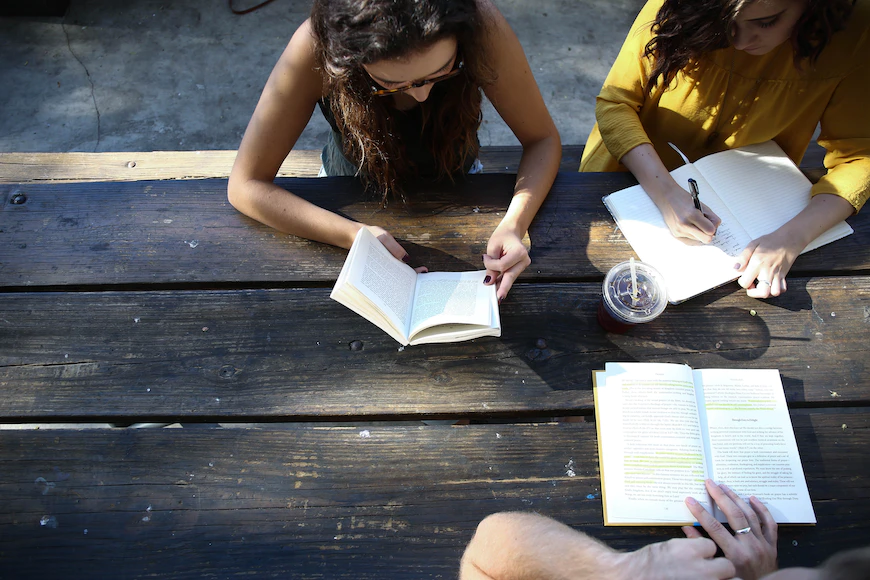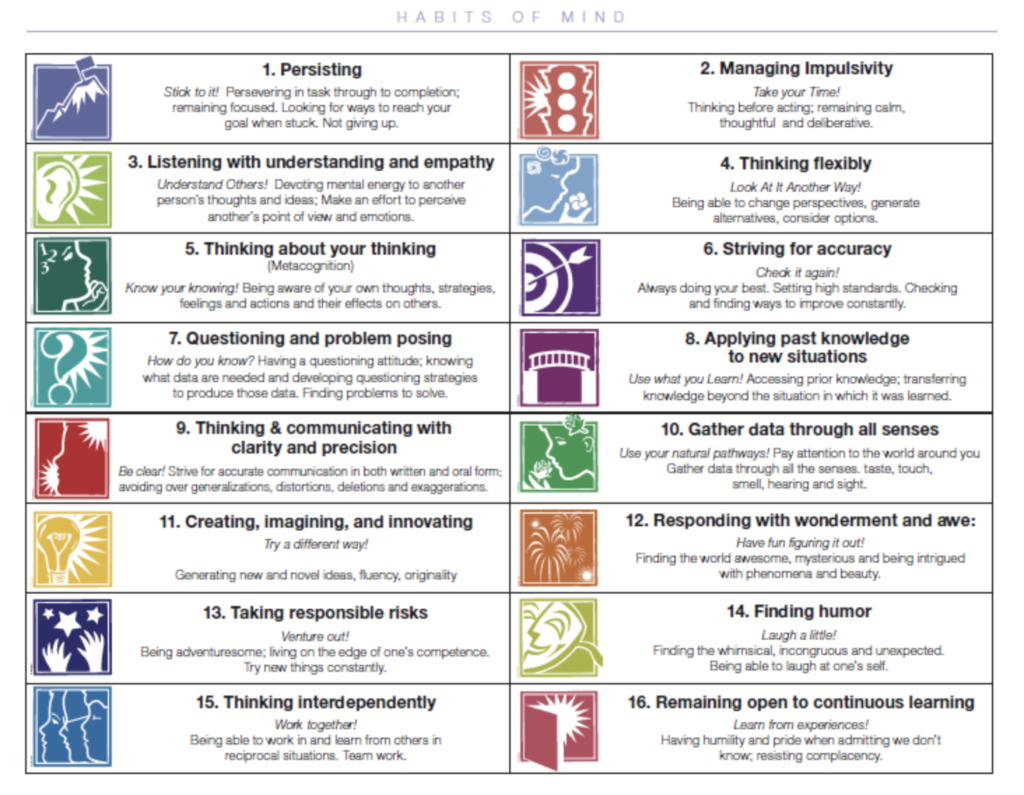"Your GP essay intro is like a first impression - impress, contextualize and broaden the reader's understanding of the issue."

Think of an introduction to your GP essay as similar to meeting someone for the first time. The way you are dressed, your demeanour, manners and what you say as well as HOW you say what you say, will give someone an impression. This impression will either impress them, repulse them or make them feel neutral, and perhaps dismissive. In a GP essay introduction, you definitely want to impress, but also provide context and give the reader a broader sense of the issue that you will be arguing.
Suggested Techniques
- Quotes
Some famous people you can quote from include Martin Luther King, Gandhi, LKY, Nelson Mandela, Albert Einstein, Nietzsche, Shakespeare, Steve Job, Muhammad Ali, John Lennon, Alfred Lord Tennyson, Winston Churchill, Mark Twain, Oscar Wilde, Babe Ruth, Voltaire, Mother Teresa, Anne Frank… and the list goes on.
You can even quote from mythology, books or films!
- Statistics
Descriptive statistics is a way to organise, represent and describe a collection of data. For example, it can refer to the collection of people in a city using the internet or using television.
Inferential Statistics allows us to use information collected from a sample to make decisions, predictions or inferences from a population.
Any type you choose to use is fine, so long as it remains relevant to the discussion at hand.
- Definition
You can define words or elements of the question to set the tone and context for the essay. It is important not to be pedantic here, and to focus on reasonable, common sense definitions that most people would not disagree with.
Example: To what extent is success important in your society?
You will first need to define success. Does it refer to wealth, academic achievements, a high quality of life, health, happiness, all of the above? How can we phrase the definition precisely without sounding overly detailed?
- Anecdote
One of the easiest ways to start an essay, can be with a short amusing, interesting story which involves yourself, a situation or someone else you know of or have read of. This method will lead the reader into your essay by getting them to IDENTIFY with the topic and begin to relate to it.
- Historical or Current Event/Situation
Referring to how the main aspect of your topic has been viewed or handled in the past, or how it is considered in modern times will set the context for your essay, while demonstrating your understanding of how the issue developed to what it is today.
Writing Thesis Statements

The thesis statement should be written at the very end of the introduction and should state your stand clearly. You must take ownership of this stand, and ensure that your entire essay leads back to proving it.
Some suggestions for your stand (although you can try to be creative here as well!)
(a) I believe that…
(b) It is my view that…
(c) It is my position that…
(d) It is my conviction that…
(e) It is my considered opinion that…
(f) I hold firmly to the view that…
Suggested Approach to a GP Essay
| Hook |
| Elaborate on hook |
| Definitions (where necessary) |
| Set the scope by explaining the points you will be raising to support your stand, including an anti-thesis. |
| State your thesis statement |
Read the sample of an introduction to a GP essay below and critique it!
Consumerism is not always bad. Do you agree?
Last weekend, I sat and contemplated all three of my yoga mats, wondering what had prompted me to purchase that many. Reluctantly still, I posted two of them for sale on my estore on ‘Carousell’, my way of not contributing to more waste in Singapore. The world today is rife with consumerism as people become more preoccupied with the acquisition of consumer goods they do not need, or sometimes even want. Consumerism can be defined as the preoccupation of a society with products and possessions. Some may argue that the economic competition that has arisen thanks to consumerism has made the world a better place. Most people however, are usually constantly buying items that are frivolous or worse, impractical, contributing to environmental damage and socio-economic problems as well as the dangers arising from individual overconsumption. Hence it is my view that most of the time, consumerism is harmful and ought to be avoided.
Downloadable notes:










